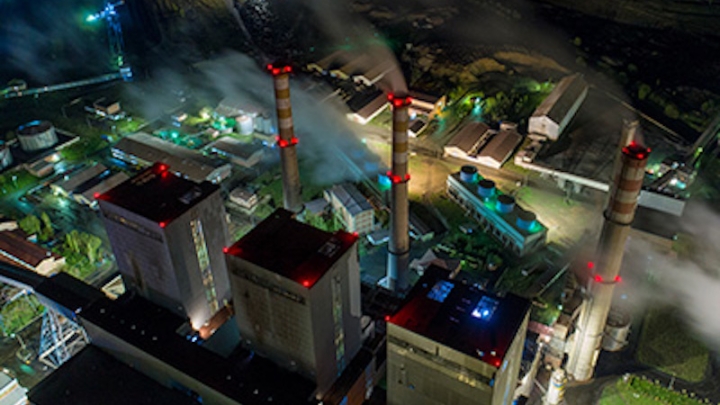
Located in the Kangal district of Sivas, the Kangal Thermal Power Plant plays a significant role in meeting Turkey’s energy demand. With an installed capacity of 457 MW, the plant generates approximately 2,166 GWh of electricity annually. It is fueled by domestic lignite reserves, with an average lower heating value (LHV) of around 1,100 kcal/kg.
Ownership and Management
Kangal Thermal Power Plant is owned and operated by Konya Şeker Sanayi ve Ticaret A.Ş., one of Turkey’s leading agricultural and industrial enterprises. The company has made substantial investments in the energy sector. The plant’s management team includes approximately 20 professionals, ranging from general management to field supervisors.
Workforce and Engineering Staff
The plant employs around 400 personnel, including 50 engineers. Operations run 24/7 on a shift basis to ensure uninterrupted energy production. The total annual working time is approximately 8,000 hours, reflecting the intense effort required to maintain a continuous power supply.
Reserve Status and Future Outlook
The primary coal source, Kalburçayır, has been depleted in recent years. Production now continues in the Hamal sector. Unless new reserves are brought into operation within the next decade, the plant is expected to reach the end of its economic life. In recent years, the heating value of the coal has dropped below 1,000 kcal/kg, forcing the units to operate at capacities below 130 MW. Currently, only Unit 3 has a flue gas desulfurization (FGD) system, and no new investments are planned in this area. However, negotiations are ongoing with a Chinese company regarding potential upgrades.
Availability and Operational Status
The plant maintains an availability rate above 85%, indicating high operational uptime aside from scheduled maintenance and technical issues. However, there is still room for improvement in environmental performance, particularly in the effectiveness of flue gas filters and waste management systems.
Environmental Responsibility
To reduce environmental pollution, the plant has implemented flue gas treatment systems, dust collectors, and regulated waste storage facilities.
In the past, a lack of proper filtration raised environmental and public health concerns. In response, the management has pledged to increase environmental investments and pursue more sustainable energy production practices.
Assessment
The Kangal Thermal Power Plant stands as a key example of Turkey’s energy policy centered on domestic coal. However, greater transparency and investment are needed in areas such as environmental impact mitigation and worker health and safety. Striking a balance between continuous energy supply and the protection of environmental and human health is crucial for the future of such facilities.


